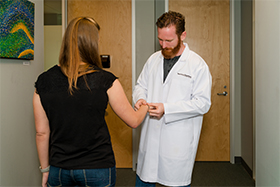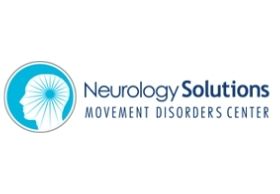
The Gut-Brain Connection: Gut Health & Parkinson’s Disease
By Jordan Harborth, FNC-P, Nurse Practitioner at Neurology Solutions The benefit of a healthy gut is demonstrated from the moment we are born and during early development. Research has shown a fetus is extremely sensitive to any change in a mother’s microbiotic makeup. So sensitive, in fact, it can alter the way a baby’s brain […]








